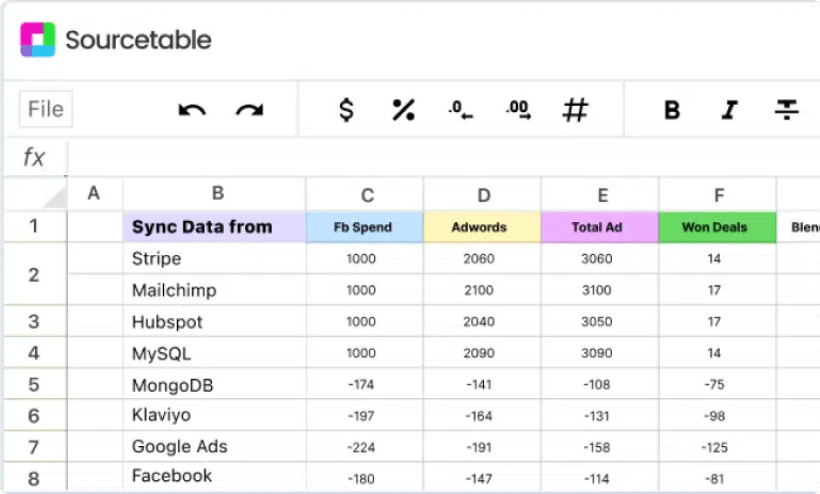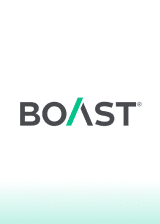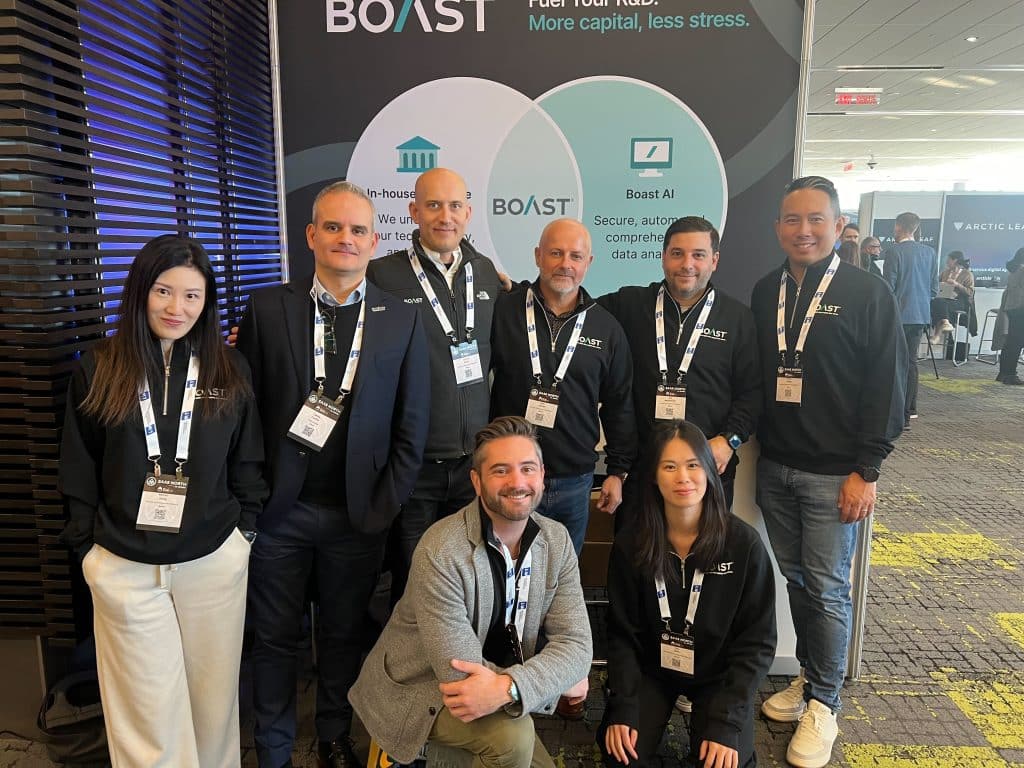Sourcetable & Boast: Capturing R&D tax credits to build a next-gen spreadsheet
Sourcetable is the next-generation spreadsheet, making it easy for non-technical users to sync, query and visualize all of their business data from one place.

For far too many knowledge workers, accessing data can be an incredibly complicated process, made all the more complex as they adopt a greater number of business intelligence tools. Sourcetable combines an easy-to-use spreadsheet interface with the power of cloud computing, storage, and aggregation to enable users to immediately access, query and report on live data from virtually any source..
A spreadsheet with superpowers
The idea for Sourcetable came to light when founder Eoin McMillan was working with teams at several Series A and Series B startups as part of a business development consultancy.
“I noticed that across multiple departments, a lot of time was being wasted recreating the same kind of reports using traditional spreadsheet tools like Google Sheets or Excel,” McMillan says. “On top of that, many teams—including entire data infrastructure departments—were getting bogged down auditing the work and confirming the provenance of data across the business.”


Traditional spreadsheets fail to deliver actionable insights
McMillan went about creating custom solutions within Google Sheets to address some of these challenges—specifically as they related to ensuring the provenance (ie. timeliness and accuracy) of data collected from other platforms.
“With traditional spreadsheets, data simply gets dumped from a business intelligence solution into the CSV, which breaks the chain of provenance,” McMillan adds.?
In this scenario, there’s essentially no integration layer out-of-the-box when you download data straight from a business tool. And while McMillan was able to leverage his SQL knowledge to create custom solutions on Google Sheets, this wasn’t work that could be executed by the average business user to get the accurate, timely information they need—let alone analyze or report on it.
Simultaneously, a partner of McMillan’s working at his consultancy was in the midst of building data cubes into Excel for a construction company client. The goal of this project was similar: To create an easier way for non-technical users to access database information from all relevant sources, query it, and build a report that could stay up to date.
Both Sourcetable and Boast utilize powerful integrations to accelerate solutions—taking something that is complex and making it faster, easier, and more actionable.

When you’re talking about cloud computing, storage, transfer, and leveraging browser technologies, it’d be impossible to have that conversation with a non-technical accountant, which has made all the difference when working with Boast,”
When McMillan and his partner realized that the problems with spreadsheets that they had been feeling were prevalent not just across departments, but across industries, they got to work in building a startup.
“We set out to improve the spreadsheet experience by first developing solutions and putting them into the Excel marketplace. But it quickly became clear that there were limitations both with Excel and with Google Sheets that couldn’t be worked around,” says McMillan.
It was then that McMillan and company realized they needed to build a single, vertically-integrated solution that coordinates the Transport layer and Storage layer of any business apps seamlessly with an all-new spreadsheet interface.


With Boast, Sourcetable achieved a positive return on R&D Investments
Key to the innovation that Sourcetable is able to deliver is an incredibly easy user experience on a highly-intuitive spreadsheet interface.
“Underneath the hood of the product, we do a lot of work to deliver an innovative user experience. This includes leveraging a lot of cloud computing, cloud storage, and innovations in browsers to be able to make things fast and performant for our non-technical end users,” McMillan says.
McMillan notes that he and his business partners were only made aware of the R&D tax credits that their innovative solutions could be eligible for when a fellow startup owner made them aware of Boast.
“Boast is the first and only R&D tax filing partner that we’ve worked with and we’ve had a great experience,” McMillan adds. To date, Sourcetable has done two R&D tax filings with Boast, which has enabled them to extend their product runway and offset many common costs for employees.

Sourcetable enables teams across business functions to build powerful dashboards to support your team, seamlessly connect 100+ data sources, and automate your reporting – all in one spreadsheet.
“For any earlier stage startup, that cash flow is really important—it can buy your team extra months that can go into finding product market fit, improving the product, extra months for fundraising—basically, time that in the early days of startup life, can be a matter of life or death,” McMillan says.
“There’s a big difference from having a 24 month runway versus a 26 month runway in the early days—and taking advantage of the free money that is R&D tax credits to capture that time is huge.”
Critical to all of this, as McMillan will attest, is partnering with tax professionals who can speak a company’s technical language.
“We’ve never worked on R&D with other tax organizations, but it’s been clear working with Boast that when we are explaining what we do from an R&D standpoint, that there is someone who understands the amount of technical innovation that has to go into building a spreadsheet—which is considerable.”
“Not for nothing, but we aren’t building a crowd app at Sourcetable,” McMillan adds. “When you’re talking about cloud computing, storage, transfer, and leveraging browser technologies, it’d be impossible to have that conversation with a non-technical accountant, which has made all the difference when working with Boast.”









